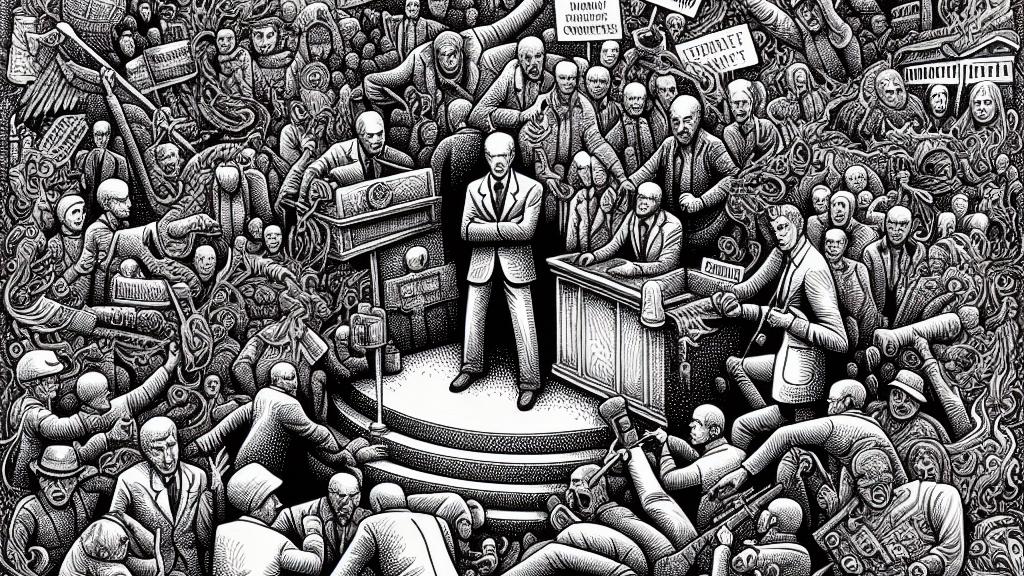Unrest and Attacks: A Closer Look at Minority Vulnerability in Bangladesh
Overview
- Minorities in Bangladesh have experienced over 205 reported attacks after the fall of Sheikh Hasina's government.
- The political instability has led to a resurgence of violence against Hindu and other minority communities.
- There is an urgent need for local and international actions to ensure the protection of minority rights and foster communal harmony.

Escalation of Violence Amidst Political Turmoil
In the aftermath of Prime Minister Sheikh Hasina's resignation on August 5, 2024, Bangladesh has witnessed a troubling rise in violence, particularly against its minority communities. Organizations like the Bangladesh Hindu Buddhist Christian Unity Council report that there have been at least 205 targeted attacks in 52 districts within a mere few days. This alarming trend not only highlights the direct correlation between political transitions and minority persecution but also serves as a grim reminder of the longstanding historical patterns where vulnerable groups are scapegoated during times of political upheaval. The absence of adequate governmental protection raises significant concerns regarding public safety and the rights of minorities.
Harrowing Personal Narratives and Community Solidarity
Personal accounts from affected individuals further emphasize the dire situation faced by minorities. Avirup Sarkar, a local Hindu, shared a harrowing experience when his cousin called him in distress, detailing a mob attack on her home where valuables were stolen and lives were threatened. Such incidents illustrate the fragile position of minorities, who are often viewed as political adversaries by rival factions. Despite this challenging environment, there are uplifting stories of community solidarity, where some Muslim citizens have actively stepped in to protect Hindu properties from vandalism. This complex dynamic illustrates both the fear and resilience present in a society navigating political chaos, reminding us of the critical need for inter-community dialogue and support.
Call to Global Community for Action and Support
The situation in Bangladesh presents a compelling case for both local and international advocacy focused on minority rights. Despite numerous declarations aimed at protecting minority rights globally, the response to incidents like these has often been insufficient. The United Nations has stressed the importance of safeguarding the rights of vulnerable populations to foster societal stability. Moving forward, it is essential for both the Bangladeshi government and global institutions to prioritize the fortification of minority protections and to establish robust mechanisms for accountability following episodes of violence. By investing in the security and dignity of all citizens, a foundation can be laid for a more harmonious and resilient society, ensuring that human rights are shielded for every individual, regardless of their background.

Loading...